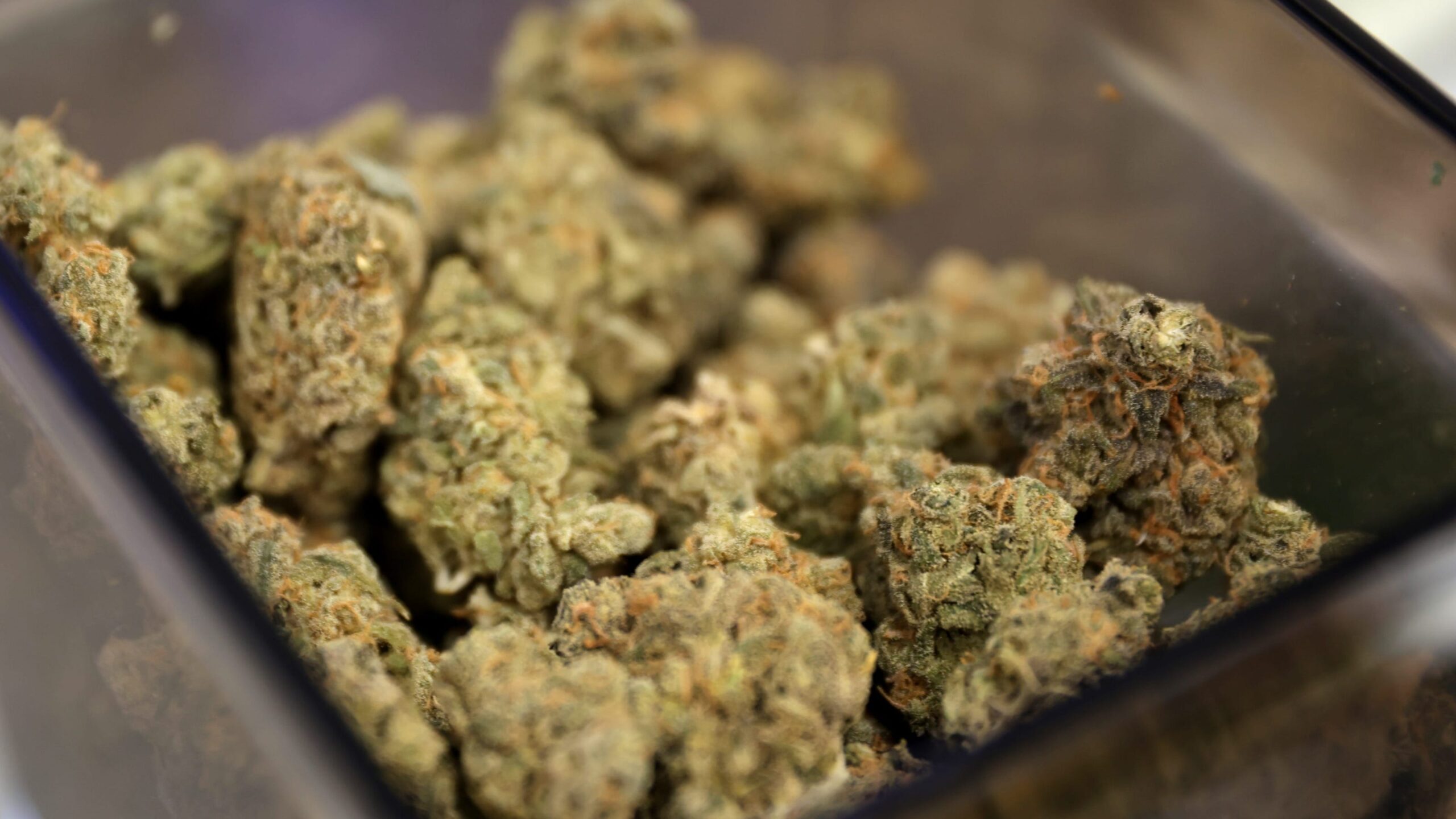For most of U.S. history, presidents since George Washington have been unwavering in the use of their clemency power. They understood their actions not only as a way to remedy overly harsh sentences but also to help restore public faith in the justice system.
President Joe Biden now has a chance to use his clemency powers to secure – and, in some ways, correct ‒ his legacy on criminal justice reform.
The Biden administration has made it clear that cannabis reform, especially as a racial justice issue, is a priority and one that will energize the electorate. Nevertheless, the president has only granted 1.4% of submitted clemency petitions.
Biden has not freed anyone in prison for cannabis crimes

Despite positive use of his clemency powers like providing record relief to almost 13,000 people with his expanded categorical pardons for cannabis possession, President Biden has failed to release a single person in prison for cannabis via commutation.
With his decision to drop his bid for reelection, the president has effectively begun a longer lame-duck period, which is historically when most presidential clemency grants have occurred.
To truly make an impact that will secure his legacy – and sway voters – the president needs to take further action to release the estimated 3,000 individuals still incarcerated in our federal prison system for cannabis.
Should weed be legal?Presidential candidates have chance to back popular idea in swing states.
In other words, it’s time for President Biden to keep his promise that “no one should be jailed for using or possessing marijuana.”
Clemency is popular:
This is evidenced by the positive reception to governors using their clemency powers, like the historic action that Maryland Gov. Wes Moore took in June to pardon more than 175,000 cannabis possession and paraphernalia charges.
Yet other Marylanders like Jonathan Wall, who has been incarcerated since 2020 on federal cannabis charges, can only get that type of clemency relief from the president.
While there may be political concerns perceived to limit President Biden’s ability to grant commutations before Election Day, even then-President Donald Trump granted a few just weeks before the 2020 presidential election. In his four White House years, he granted commutations to 16 people for 27 cannabis offenses, some of whom were released from prison.
While President Biden has granted clemency to almost 13,000, he has only pardoned 11 individuals, who had already served time, and commuted the sentences of five convicted of nonviolent drug offenses.
We’ve sent Biden a list of individuals who deserve clemency
With a historically gridlocked Congress, we know lasting change requires legislation. However, in the absence of durable reform, President Biden can serve as the north star for justice.
It’s also worth noting that every nominee on both political parties’ presidential tickets hails from a state with some form of legalized cannabis: former President Trump’s New York, Vice President Kamala Harris’ California, Republican Sen. JD Vance’s Ohio and Democratic Gov. Tim Walz’s Minnesota.
Cannabis already legal in many states:America is moving closer to legalizing marijuana. It’s about time.
If President Biden is looking for the next batch of candidates for clemency, he has already been sent a list of deserving individuals, almost half of whom identify as Black, and whose petitions are sitting with the Office of the Pardon Attorney.
Many of these candidates have sat in prison cells for decades, or even for life, convicted of an activity that is no longer a crime, while thousands of others build business and create wealth doing the same thing.

All of these deserving individuals could be released by President Biden with a simple stroke of a pen, should he choose to act.
But he must act soon, because time is running out. Now is the time for President Biden to secure his legacy on cannabis, and on criminal justice reform.
Stephen Post is a strategic communications manager with the Last Prisoner Project, a nonprofit organization dedicated to cannabis criminal justice reform.


